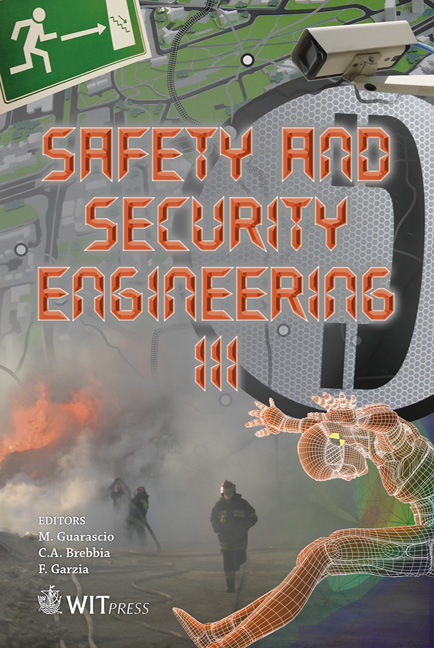Simulation-based Design Of Vehicles Exposed To Blast Threats For Improved Occupant Survivability
Price
Free (open access)
Transaction
Volume
108
Pages
12
Page Range
459 - 470
Published
2009
Size
2889 kb
Paper DOI
10.2495/SAFE090431
Copyright
WIT Press
Author(s)
R. T. Bocchieri, S. W. Kirkpatrick & B. Peterson
Abstract
Designing vehicles to protect occupants from explosive threats is complicated by the complex set of physics that occurs from the point of detonation to the response of the occupants. These physics include detonation chemistry, shock physics, solid mechanics, structural dynamics, nonlinear material behaviour, and human physiology and injury mechanics, among others. Consequently, vehicles are typically developed through an iterative process of destructive field testing in order to determine the level of blast protection. This testing is both time consuming and costly and does not ensure an optimized design. Recent advances in computational power and high-fidelity multi-physics computational tools now offer the alternative of performing Simulation-Based Design (SBD), similar to what is currently done for crash protection. Here, the explosive threat, its coupling to a vehicle, the vehicle structure, occupants or surrogates, and their coupling to the vehicle are all modelled in a single analysis. In this paper we describe an approach that applies state-of-the-art nonlinear finite element analysis to rapidly determine the survivability of vehicle designs and occupant injury potential when subjected to a buried charge or an above-ground improvised explosive device (IED). This integrated analysis capability allows iterative assessments to be performed as part of the design process. Modelling approaches for buried charges and IEDs and the coupling of the resulting loads on the vehicle are discussed. Finally, detailed sub-modelling of critical components such as occupant seating systems is demonstrated. Keywords: armoured vehicle, blast, mine, IED, occupant survivability.
Keywords
armoured vehicle, blast, mine, IED, occupant survivability





